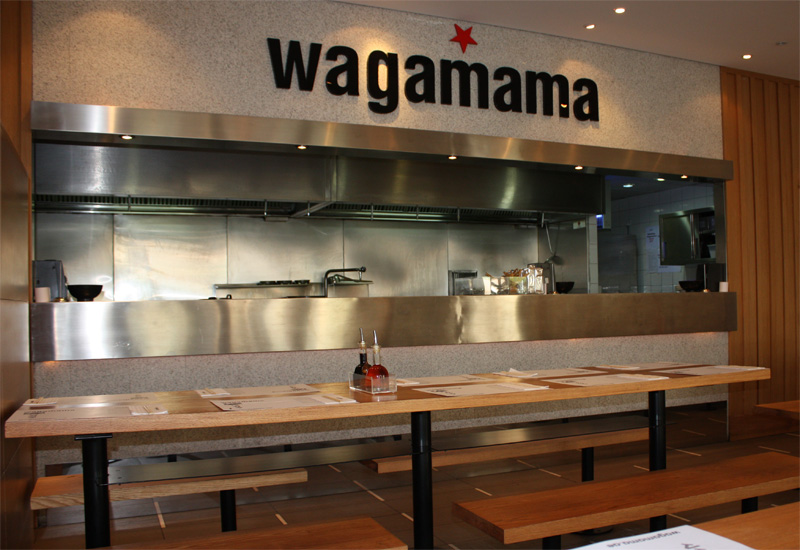Feeling the pinch
This flood of new brands may have given the sector a boost — but Tribe’s Breg notes that casual dining operators “have been reporting revenue declines of between 10% and 35% since the pre-downturn peaks”.
Even operators themselves don’t deny they’ve felt the pinch over the past few years.
However, they’re quick to point out it has been considerably easier on the GCC casual dining sector than on other industries and indeed other regions.

| Advertisement |
RMAL Hospitality vice president strategy Tiina-Maija Bergman expands: “Demand initially showed a slight downturn, but nothing too significant in comparison to what we have observed in the market in general.”
She believes this is due in part to RMAL’s strong footing — and in part to that of the location.
But Bergman says that today, as the casual dining field expands, any operator worth its salt is focusing on what she describes as the “value-add game”.
Gourmet Gulf Company regional marketing director Antoun Abou Jaoude concurs: “All retailers in the region were hit by the economic downturn last year. Visits to restaurants were less frequent — and consequently, the consumer focus changed. People have become more selective and more cautious about when and where they spend their money.
“This has created a challenging environment for restaurant operators to maintain a high standard in food quality and service,” he continues.
“But it’s a challenge the region’s outlets are rising to: more value offers are popping up in the form of coupons, lunch deals and online offers.”
Of course, this increased pressure from demanding consumers is not the only challenge facing operators in the Middle East, as RMAL’s Bergman notes.
“Fielding stand-alone outlets like some of ours is tough due to the high operating costs — that’s something outlets located within hotels do not have to deal with, rent being the main expense,” she comments.
“So with the increased pressure of creating value-add programmes, our position is challenging, due to slimmer profit margins from the off-set.
“And as the pressure increases on minimising the cost base, it’s becoming increasingly challenging to hire and then retain qualified staff too,” Bergman admits.









 Search our database of more than 2,700 industry companies
Search our database of more than 2,700 industry companies









